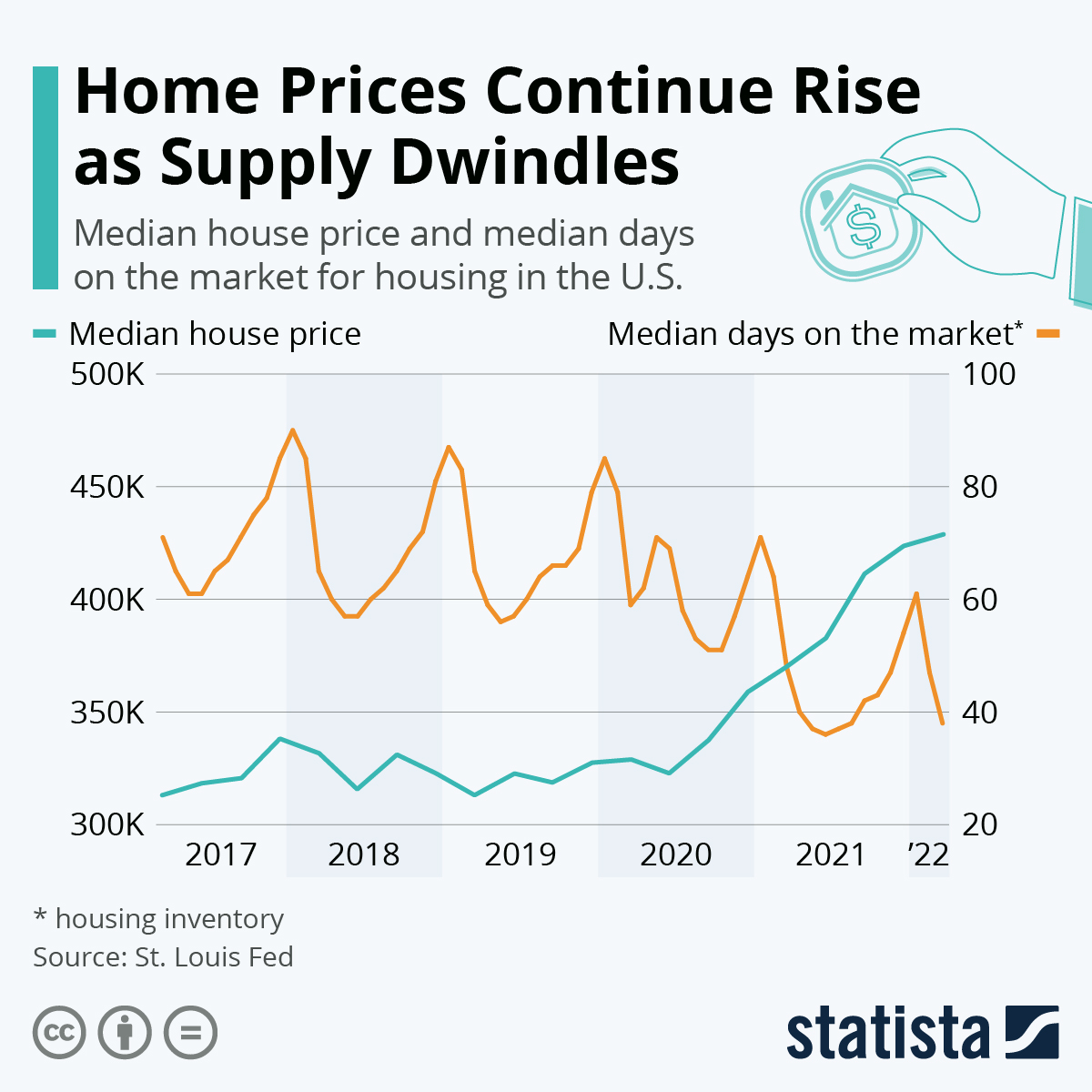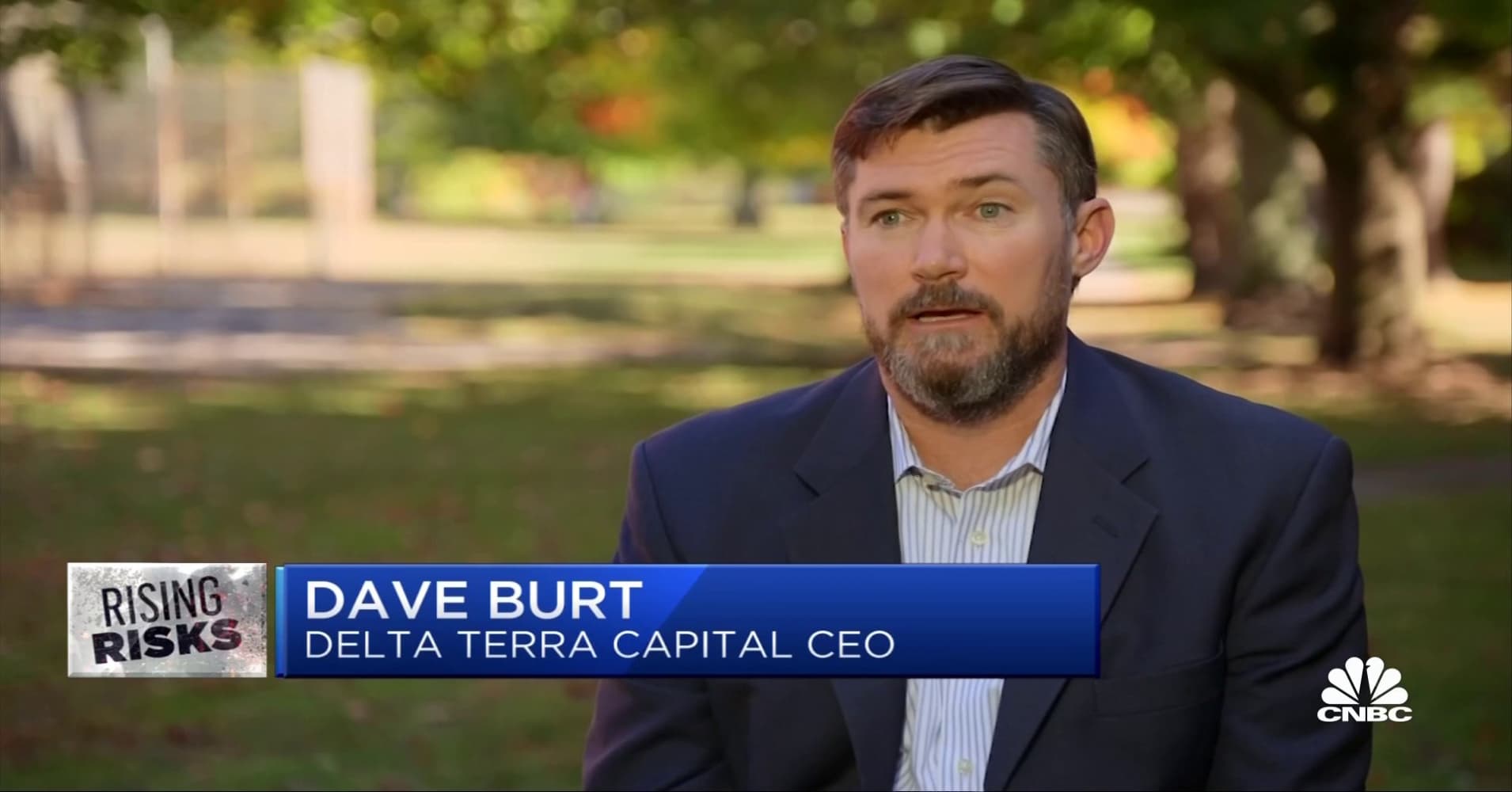Dave Burt, the investor famous for his involvement in the “Big Short” and his accurate prediction of the subprime mortgage crisis that led to the severe recession in the United States, is once again sounding the alarm.
As the CEO of investment research company DeltaTerra Capital, Burt warns that mortgage lenders are overestimating the value of many homes due to their failure to consider the threat of flooding.
This oversight, he argues, is creating new problems every day and could potentially trigger another housing market crash comparable to the 2008 recession.
Burt’s economic hypothesis revolves around the climate crisis and its potential consequences, particularly the increase in catastrophic flooding events.
He believes that these climate-related events have the potential to significantly reduce the value of homes, putting mortgage borrowers at risk of being unable to repay their loans, ultimately leading to substantial financial losses for lenders.

This warning from Burt is not his first. In April, he asserted that approximately 20% of all houses in the United States were overvalued in mortgage underwriting, indicating that the housing market could be overestimated by up to $200 billion compared to current estimates.
Following Hurricane Ian, which struck the Gulf Coast of Florida in September 2022, Burt’s company conducted an analysis revealing that home values in certain flood-prone areas of Florida could potentially drop by as much as 50%.
This highlights the immediate impact of flooding on property prices. The risk of flooding and its subsequent effect on home prices is expected to worsen as the climate crisis intensifies.
An October report by Insider emphasized that the effects of the climate crisis will become more pronounced over time, resulting in increased risks of flooding and declining home values.
Insurance companies are already responding to these risks by raising prices for homeowners in these flood-prone areas, with policyholders experiencing significant increases in their premiums compared to previous years.
Looming Crisis in the Housing Market
Burt’s concerns stem from the fundamental issue of misinformation regarding the potential costs associated with climate-related events.
He emphasizes the need for accurate and comprehensive information to guide mortgage lenders and borrowers in their decision-making processes.
Without such information, Burt warns that the housing market remains vulnerable to a significant correction, potentially equivalent to the magnitude of the 2008 recession.
The warnings issued by Dave Burt regarding the overvaluation of homes and the threat of flooding can have far-reaching impacts on various stakeholders and the broader economy. Here are some potential consequences:
The housing market could experience a significant correction. If Burt’s concerns materialize, there is a risk of a housing market crash similar in scale to the 2008 recession.
The overestimation of home values and the subsequent decline in prices due to the vulnerability to flooding may result in a decrease in the overall value of the housing market.
Such a correction would have implications for homeowners and mortgage borrowers. As home values decrease, borrowers could find themselves owing more on their mortgages than their homes are worth.

This situation, commonly referred to as being “underwater,” can lead to financial distress and an increased risk of defaulting on mortgage payments.
This, in turn, could trigger a wave of foreclosures, impacting individuals’ financial well-being and contributing to instability in the housing market.
Financial institutions, particularly mortgage lenders, would also be significantly affected. If a large number of borrowers default on their mortgages due to plummeting home values, lenders could face substantial losses.
The ripple effects could extend to the broader financial system, as the housing market is closely interconnected with other sectors of the economy.
In conclusion, Dave Burt, renowned for his accurate prediction of the subprime mortgage crisis, is now raising concerns about the overvaluation of homes due to the failure to account for the threat of flooding.
He warns that this oversight could lead to another housing market crash and emphasizes the need for accurate information on climate-related costs.





